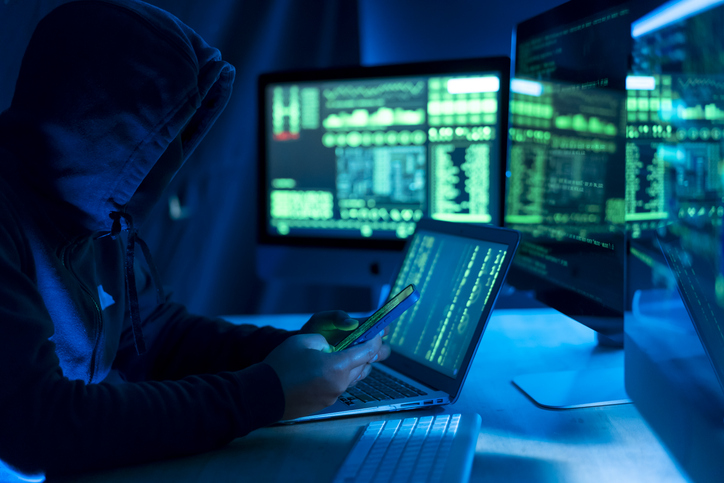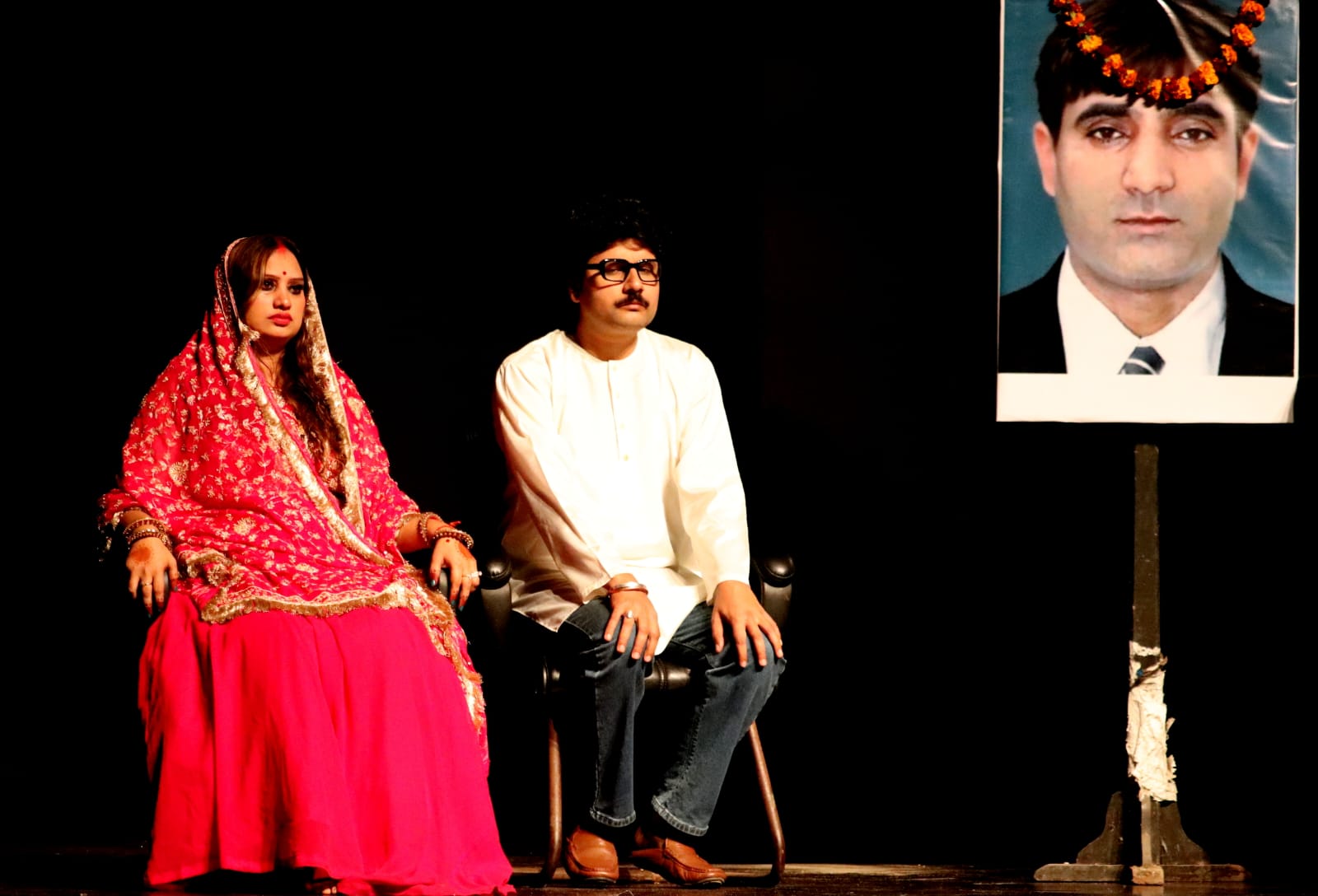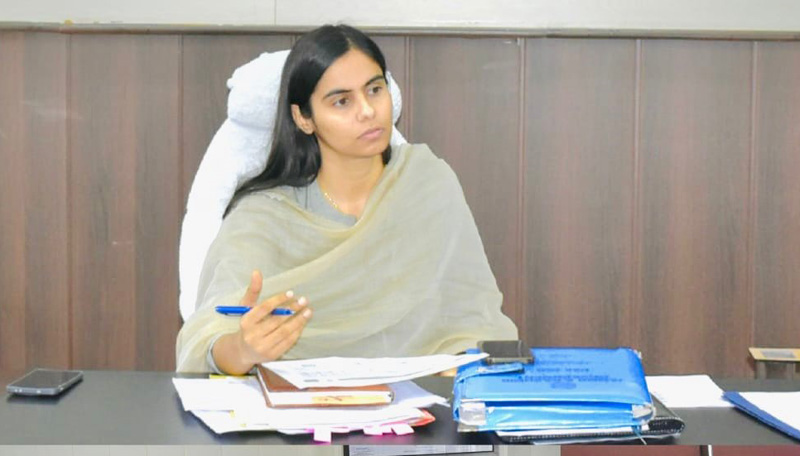A landmark U.N. cybercrime treaty aimed at combating offences that drain trillions of dollars from the global economy each year is set to be signed in Hanoi, Vietnam, this weekend by around 60 countries.
The convention will come into force once 40 nations ratify it, and is designed to strengthen global cooperation against cybercrime. However, it has drawn criticism from activists and tech companies who fear it could enable human rights violations.
“Cyberspace has become fertile ground for criminals… every day, sophisticated scams defraud families, steal livelihoods, and drain billions from our economies,” U.N. Secretary-General Antonio Guterres said at the opening ceremony. “The U.N. Cybercrime Convention is a powerful, legally binding instrument to strengthen our collective defences against cybercrime.”
The treaty covers a wide range of offences, including phishing, ransomware, online trafficking, and hate speech, according to the U.N., which estimates that cybercrime costs the global economy trillions of dollars annually.
Vietnamese President Luong Cuong hailed the signing as a milestone that “not only marks the birth of a global legal instrument but also reaffirms the vitality of multilateralism, where nations unite to safeguard peace, security, and development.”
Yet critics have warned that the treaty’s broad and vague definitions of cybercrime could open the door to misuse. The Cybersecurity Tech Accord—which includes Meta and Microsoft—has labelled it a “surveillance treaty,” arguing it could enable excessive data sharing among governments and even criminalise ethical hackers.
The U.N. Office on Drugs and Crime (UNODC), which led the negotiations, defended the agreement, saying it includes strong human rights safeguards and protects legitimate research.
Delegations from the European Union, the United States, and Canada attended the Hanoi ceremony to sign the accord.
Vietnam’s hosting of the event has also drawn scrutiny, with the U.S. State Department citing “significant human rights issues” such as online censorship, and Human Rights Watch reporting that at least 40 people have been detained this year for expressing dissent online.
For Vietnam, however, the treaty represents an opportunity to boost its global image and fortify cyber defences amid a rise in attacks targeting critical infrastructure.













